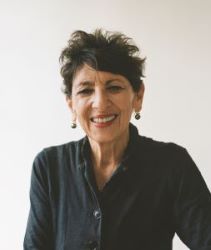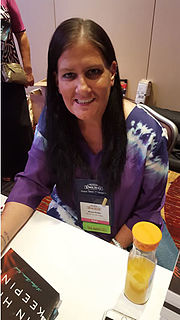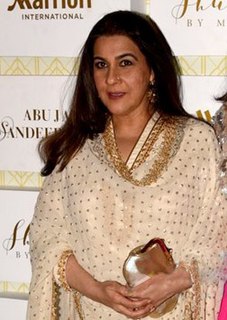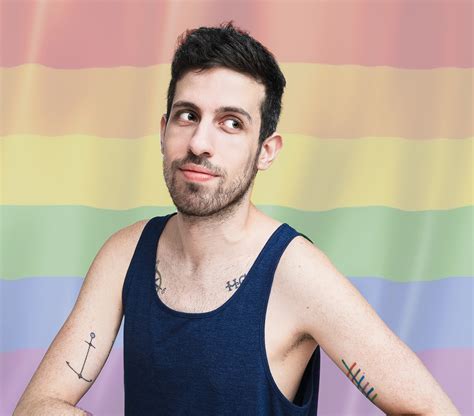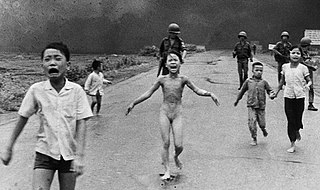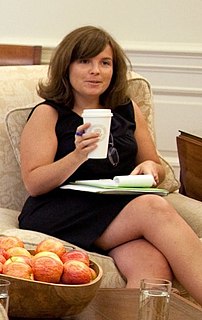A Quote by Heather King
I didn’t want to hear that people lived happily ever after. I wanted to know that other people suffered, too.
Related Quotes
She wanted happily ever after more than he could possibly know. She wanted forever. Problem was, she just wasn’t sure she believed in it anymore. It was why she clung to her fiction so much. She immersed herself in books because there she could be anyone and it was easy to believe in love and happily ever after
The wise old fairy tales never were so silly as to say that the prince and the princess lived peacefully ever afterwards. The fairy tales said that the prince and princess lived happily ever afterwards; and so they did. They lived happily, although it is very likely that from time to time they threw the furniture at each other.
The unblemished ideal exists only in happily-ever-after fairy tales. Ruth likes to say, "If two people agree on everything, one of them is unnecessary." The sooner we accept that as a fact of life, the better we will be able to adjust to each other and enjoy togetherness. "Happily incompatible" is a good adjustment.
I think that if you look at all of the books that have ever been written about people working in the White House, they're sort of the opposite of my book. And I think that so many people want to write a book that sort of memorializes their place in history. And I wanted to write something for all of the women who are like me. I grew up in upstate New York, I graduated high school with 70 other people and didn't ever know that anything like this would have really been an option for me. So I wanted other young women — and men — to know that just being you is plenty.
